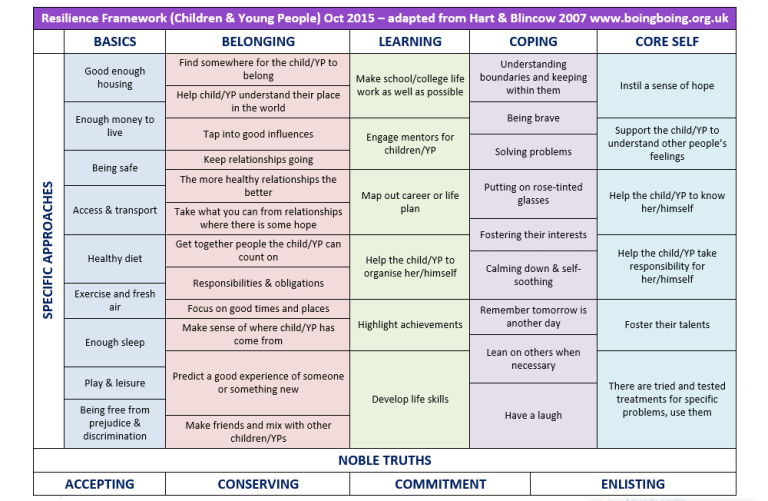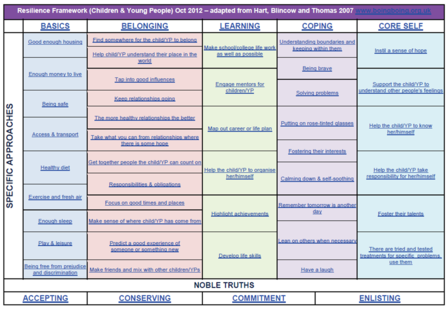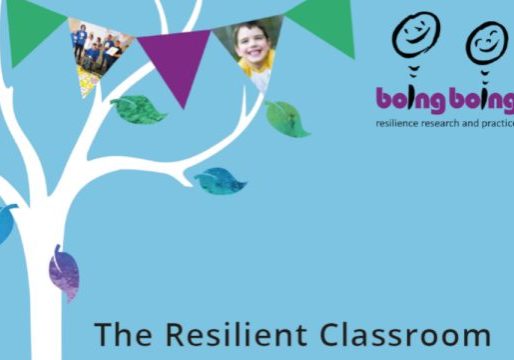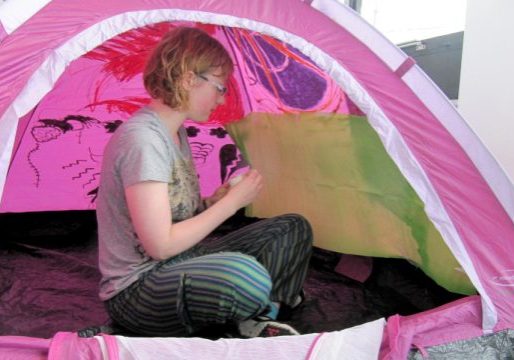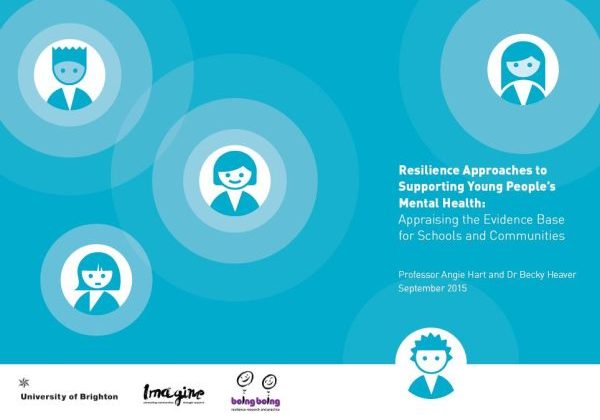Resilience Framework key points
• The Resilience Framework summarises a set of ideas and practices that promote resilience. It is based on a body of research and practice development called Resilient Therapy (RT).
• This was originally developed by Angie Hart and Derek Blincow, with help from Helen Thomas and a group of parents and practitioners.
• Adapted versions have been created to adapt the Framework to different groups.
How the Resilience Framework was developed
We took the resilience research evidence base and padded other sets of ideas from our practice with very disadvantaged children and families in an NHS Child and Adolescent Mental Health Clinic, working closely with schools and other agencies. Alongside this, Professor Angie Hart’s adoptive parenting knowledge went into the mix and, more recently, we’ve collected experiences from a much wider group of collaborators.
We distilled all these different sets of ideas into a handy table that summarises our approach and acts as a reminder to people of what’s included. We’ve called this table various things over the years, and have represented it in different ways – firstly, as a Resilient Therapy Magic Box of potions and remedies, a toolkit of ideas, then a more detailed summary table.
The current Resilience Framework doesn’t use the language of ‘therapy’, so that it is more accessible to a wider range of people. It is available as a black and white Resilience Framework in case you, or the young people you support, prefer to colour code the Framework yourselves, or don’t have access to a colour printer. There is also a blank Resilience Framework so that you can write your own items if you wish.
The Resilience Framework has been translated into Greek, Spanish, Turkish, French, Swedish, Portuguese, Danish and Polish with more languages on the way. We’ve also been developing a version of the table for use with adults, the Resilience Framework for Adults, also available in German, and a Family Resilience Framework to support members of the wider family (parents, siblings, carers etc.).
All our tables and frameworks are available as PDFs and can be downloaded from the Boingboing website. But the Interactive Framework we’ve designed especially for schools is probably what you want at the moment. Marton Primary School, Blackpool, have also co-produced a Resilience Framework for Primary School children.
The Summary Table & how it works
The Summary Table visually shows you how we have split our ideas under five headings or compartments – Basics, Belonging, Learning, Coping and Core Self – to help us think strategically and practically about doing things resiliently.
Within each of these compartments is a selection of evidenced based ideas or remedies, to draw on when trying to make a resilient move with a child or young person. Navigate through the table to find out more about each term.
The Resilience Framework Summary Table does look pretty simple, but there’s quite a lot of work behind it. And if you’re thinking you are still unsure about how to give it a go, take a look at the Resilient Therapy background page and see if it can help.
If you really want to get stuck into understanding how we put it together, and get more information about how to use it, you might want to get hold of one of our books.
We’ve also used it in other places on this website to give you more of an idea of how to put some of the ideas into practice so don’t bother buying a book before you have had a good look around the website for ideas such as
• The Resilient Classroom – a Tutor resource
• And check out ‘One Step Forward‘ – a Looked After Children’s resilience resource
• Have a look at the film below which was features Hove Park School (secondary) in Brighton where the Resilient Classroom resource was developed as part of a whole school approach to promoting resilience.
